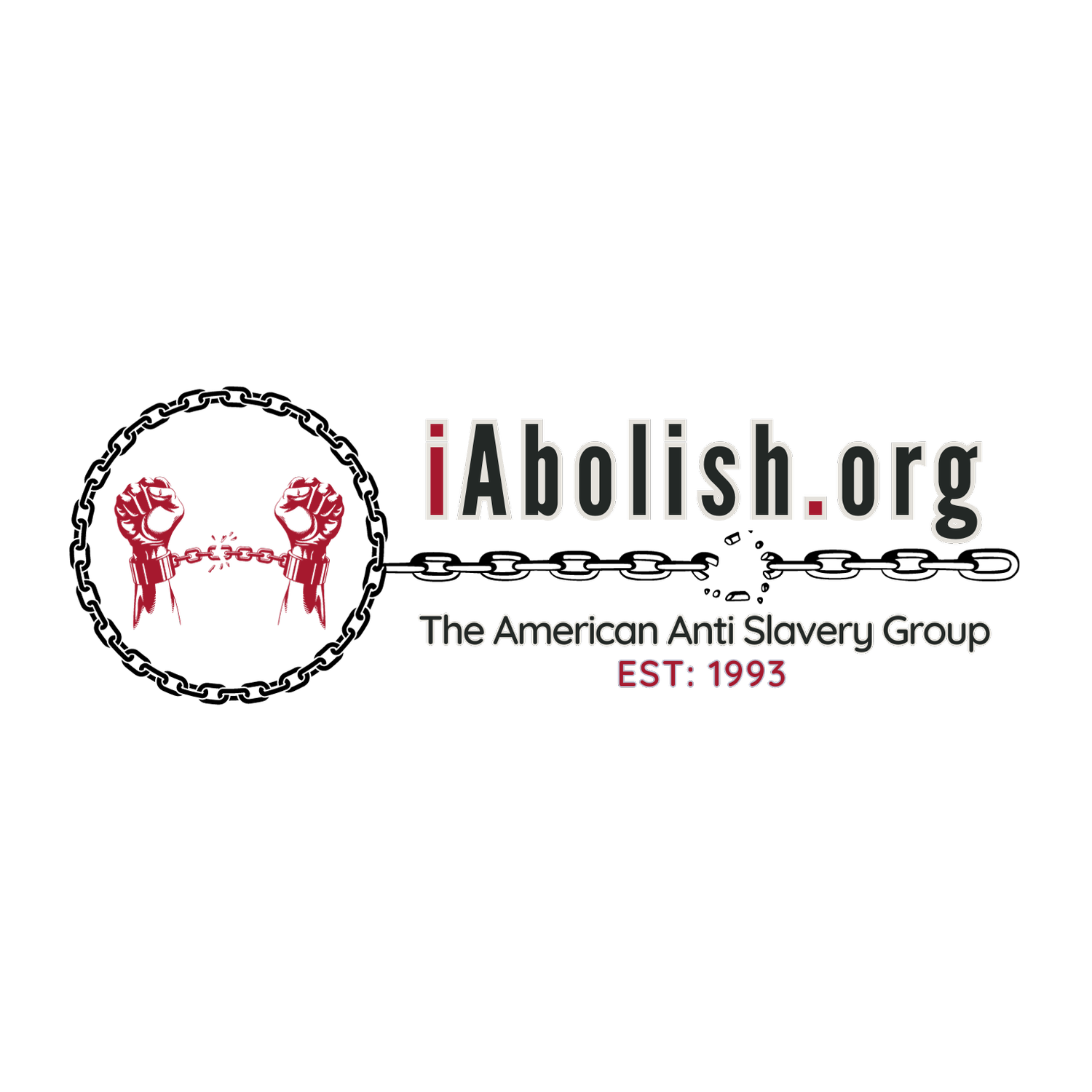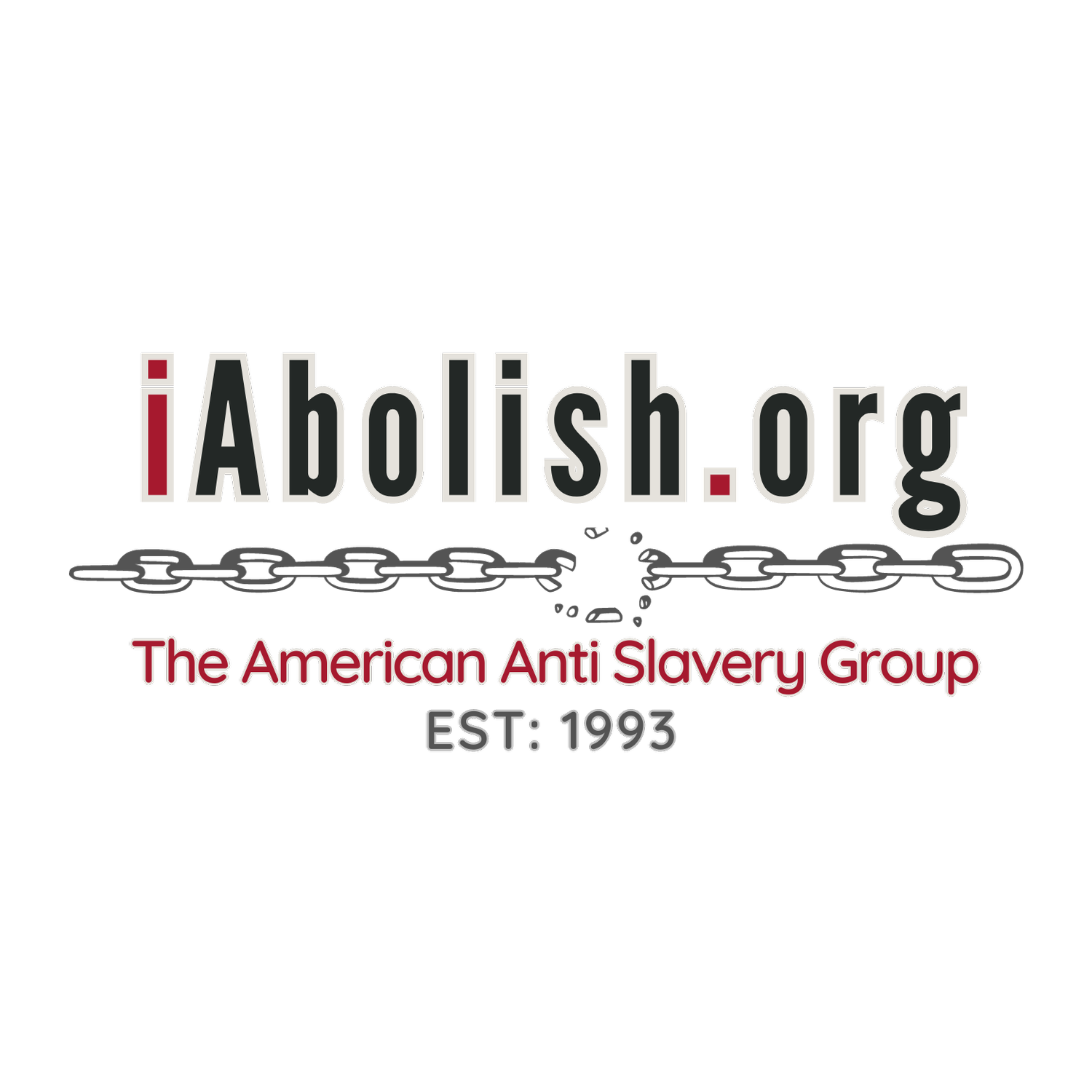Terror in Sudan, terror in US
Ten years ago, on 9/11, I missed Mohammed Atta, the lead terrorist, by maybe a half hour at Boston’s Logan airport. On that glorious morning, with its sun-filled cloudless sky, I caught the first flight from Logan down to Reagan National in Washington. Very shortly after I took off, Atta landed in Boston on his puddle- jumper down from Maine. At Logan, he changed planes for the fateful flight to New York.
For decades, I’d been involved in a campaign against modern-day human bondage. The American Anti-Slavery Group was working to awaken Americans to the plight of slaves around the world, particularly in northern Africa, where for decades the Muslim rulers in Sudan were waging war on that country’s Christian and tribalist south. As part of the onslaught, Arab militias stormed African villages, killed the men and brutally enslaved women and children.
The abolitionist movement had formed an unlikely left/right coalition. We recruited both Barney Frank and Pat Robertson. We attracted Christian evangelicals, who wanted to help Sudan’s Christians, and we organized much of the Congressional Black Caucus, which reacted viscerally to reports that black women and children were being captured, bought and sold.
I was bound for Washington on that 9/11 to join a coalition of Sudan activists at a press conference on Capitol Hill specifically to urge congressional leaders to place “capital market sanctions” on oil companies operating in Sudan and whose profits were fueling the dictatorship’s genocidal slave raids. The sanctions would proscribe Wall Street from trading their shares. Federal Reserve Chairman Alan Greenspan was animated in his opposition.
I was to speak alongside modern day heirs of America’s abolitionist struggle: John Eibner, head of Christian Solidarity International’s slave redemption program; Joe Madison, the “Black Eagle,” a national NAACP board member and Washington radio personality who had taken up the cause in 1995 and repeatedly risked his life to go to Sudan with Eibner to free hundreds of slaves. Rev. Walter Fauntroy – a civil rights veteran who was the main organizer of Martin Luther King Jr.’s 1963 March on Washington – would speak as well.
As I stood in the US Capitol, waiting to deliver my remarks, I reviewed my text, written on yellow legal sheets. It contained a warning: “Wall Street should not trade the shares of companies who do business with the slave-and-terror state of Sudan. … If we sit by and allow this terror in Africa, who is to say where such things will end?”
But I never got a chance to speak.
On televisions in the hearing room images appeared of a plane stuck in the middle of a building in New York City. A burly policeman burst into our conference room, yelling “Everybody out! This building is being evacuated.” As we were herded toward the exits, people spoke of planes striking the World Trade Center. Then we heard that the Pentagon was just hit. When the police said, “A plane is heading for the Capitol building,” we ran. In a flash of paranoia we imagined that terrorist operatives might be hunting down their adversaries. Khartoum had long ago made a list of the human rights advocates who had caused them to be the focus of scorn. None of us could get through to our families on our cell phones. We split up. Eibner and I rushed off in one direction. Fauntroy and Madison in another.
When we booked a hotel room and turned on the TV – there was no traveling that day – terrible ironies began to dawn on me. We learned how hijackers had attacked passengers with box-cutters. I recalled a woman I had met that previous April in Sudan during a liberation mission led by Eibner, with Fauntroy and Madison. In a low voice, she explained how the slave raiders would cut the throats of any women who resisted gangrape.
In Sudan, they didn’t need hidden box-cutters. Though I didn’t get to speak, the hijackers that morning had delivered my message: Trading with terrorists is not just morally wrong, it is deadly.
Even though I had traveled to southern Sudan to see the Ground Zero of slavery, the full scope of our struggle did not hit home until a hijacked airplane crashed into Washington.
As I thought of the American dead, I recalled the Southern Sudanese who had been on the frontlines against jihad terror for decades. We had been trying to tell the world their story for eight years, but the moment the hijacked planes struck our buildings, Americans and the blacks of southern Sudan became brothers and sisters. Ten years ago.
By Charles Jacobs
This article was first published in The Jewish Advocate on September 9, 2011.


